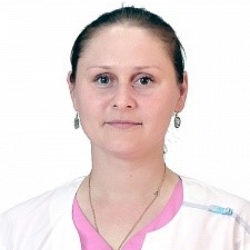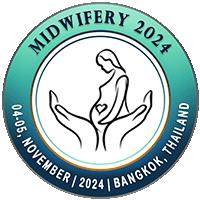
Maria Sulavko
The National Medical Research Center of Children’s Health, Russian FederationTitle: Sirolimus and Octreotide in Treatment of Chyloperitoneum and Chylothorax in Newborns and Infants
Abstract
Chyloperitoneum
(CP) and chylothorax (CT) are rare conditions with high mortality and unclear
treatment. We conducted a retrospective study which included patients from 0 to
5,5 months with CP (n=7) and CT (n=3). All children received abdominal or chest
drainage, parenteral feeding. Ultrasound examinations, blood and drainage fluid
biochemical tests were performed. We started with octreotide at a dose of 5-10
mcg/kg/h and in case of no effect shifted to sirolimus. The initial dose was
0.05 mg/12h, further correction was based on sirolimus blood concentration
checked every 10-14 days. Octreotide therapy was effective in 5 children after
10-18 days of treatment. The effect of sirolimus therapy (no drainage
discharge) was observed on 8-14 days from its start. One patient with a history
of a giant omphalocele primary closure had complications after 8 weeks of
sirolimus intake: bilateral knee arthritis, leukopenia, lymphopenia. We had no
lethal outcomes, the long-term follow-up was from 7 months to 4 years. Sirolimus
therapy proved to be effective in newborns with CP/CT. Octreotide therapy (used
prior to sirolimus) is to be 7-10 days and if no effect is obtained, sirolimus
should be prescribed. Long wait for effect in newborns can lead to severe
protein losses and worsen the patients’ condition. Due to the rarity of this
pathology, our experience was based on a small cohort, so further multicenter
research is needed.
Biography
Maria Sulavko, MD, is one of the leading researchers of
immunosuppressive therapy in neonatal surgery in Russia. Her publications cover
acute issues of pediatric surgery and new methods of treatment of such
complicated conditions as congenital chylous exudates, in particular. Her PhD
deals with the above described subject.

